Senior School Science
Each of the Australian Curriculum science subjects builds upon students’ science knowledge, understanding and skills acquired from Foundation to Year 10 (F-10). In particular, the science subjects continue to build students’ Science Inquiry Skills and understanding of Science as a Human Endeavour, and each subject continues to develop the relevant ‘key concepts’ that structure the Science Understanding sub-strands in the F-10 Australian Curriculum: Science.
A unique appreciation of life and a better understanding of the living world are gained through studying the Biological Sciences course. This course encourages students to be analytical, to participate in problem-solving and to systematically explore fascinating and intriguing aspects of living systems, from the microscopic level through to ecosystems. Students develop a range of practical skills and techniques through investigations and fieldwork in authentic contexts such as marine reefs, endangered species, urban ecology, viticulture or biotechnology. Scientific evidence is used to make informed decisions about controversial issues.
The Human Biological Science course gives students a chance to explore what it is to be human— how the human body works, the origins of human variation, inheritance in humans, the evolution of the human species and population genetics. Through their investigations, students research new discoveries that increase our understanding of human dysfunction, treatments and preventative measures. Practical tasks are an integral part of this course and develop a range of laboratory skills, for example, biotechnology techniques. Students learn to evaluate risks and benefits to make informed decisions about lifestyle and health topics such as diet, alternative medical treatments, use of chemical substances and the manipulation of fertility. Scientific evidence is used to make informed decisions about controversial issues, such as stem cell research, obesity and euthanasia.
The Earth and Environmental Science course enables students to develop an appreciation that our planet is a global system made up of major reservoirs and that matter is constantly cycled over both short and long time periods within and between these reservoirs. A multidisciplinary approach encourages students to be curious about the world around them and apply scientific principles to develop a balanced view of the challenges presented by the utilisation of resources and managing the effects on the environment. Students carry out practical investigations and have the opportunity to participate in field-based excursions that allow them to experience what they have learnt in class in a real world situation.
The Chemistry course equips students with the knowledge, understanding and opportunity to investigate properties and reactions of materials. Students predict chemical effects, recognise hazards and make informed, balanced decisions about chemical use and sustainable resource management. Investigations and laboratory activities develop an appreciation of the need for precision, critical analysis and informed decision making. This course prepares students to be responsible and efficient users of specialised chemical products and processes at home or in the workplace. It also enables students to relate chemistry to other sciences including biology, geology, medicine, molecular biology and agriculture and prepares them for further study in the sciences.
In the Physics course, students investigate the natural and built world around them in a wide and interesting range of contexts. They discover how we exploit radioactivity in industrial testing and in the treatment of diseases, why we use different materials in heating and cooling systems, how we use electric and magnetic fields in machines, and how our understanding of light and sound waves helps us to communicate. Students will learn how energy and energy transformations can shape the environment from the small scale, in quantum leaps inside an atom’s electron cloud, through the human scale, in vehicles and the human body, to the large scale, in interactions between galaxies. Students have opportunities to develop their investigative skills and use analytical thinking to explain and predict physical phenomena.
In the Psychology ATAR course students will be introduced to psychological knowledge which supports an understanding of the way individuals function in groups. Students learn about major psychological models and theories, and the methods used to conduct scientific investigations in the discipline of psychology. Students apply research methods and ethical principles as they analyse data to illustrate how empirical procedures are used to examine phenomena, such as memory, attention, attitudes, personality and group behaviour. Acquiring this foundation of scientific method and critical thinking is a valuable skill which students can apply throughout their study, work and everyday lives
The Integrated Science course enables students to investigate Science issues, in the context of the world around them. It incorporates aspects of Biology, Chemistry, Geology and Physics, and can also include less traditional areas such as forensic science and biotechnology. Integrated Science encourages students to be questioning, reflective and critical thinkers about scientific issues. Students apply their scientific knowledge in areas such as vehicle safety and driving, personal lifestyle choices, the management of water resources, environmental issues associated with the exploration and mining of natural resources and the sustainable use of energy. Students develop a range of practical skills and techniques through investigations and fieldwork in context and use scientific evidence to make informed decision about scientific issues.




